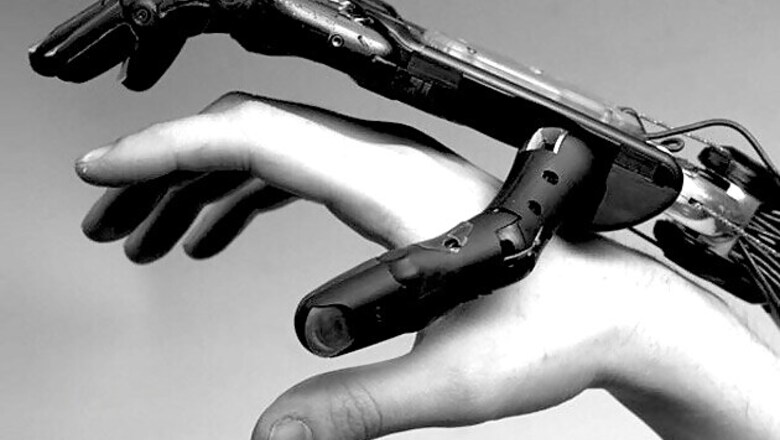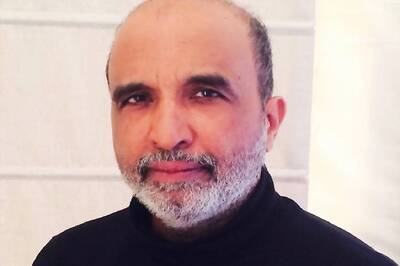
views
New York: Scientists have developed the world's first robot human made entirely of prosthetic parts and he can walk, talk and even has a beating heart.
The robot, which cost almost $1 million to build, was assembled from prosthetic body parts and artificial organs donated by laboratories around the world.
Roboticists Rich Walker and Matthew Godden of Shadow Robot Co in England put together the bionic man.
"Our job was to take the delivery of a large collection of body parts - organs, limbs, eyes, heads - and over a frantic six weeks, turn those parts into a bionic man," Walker told LiveScience.
"You put a prosthetic part on a human who is missing that part. We had no human; we built a human for the prosthetic parts to occupy," Walker said.
The robot was modelled in some physical aspects after Bertolt Meyer, a social psychologist at the University of Zurich, in Switzerland, who wears one of the world's most advanced bionic hands.
The bionic man has the same prosthetic hand as Meyer - the i-LIMB made by Touch Bionics - with a wrist that can fully rotate and motors in each finger.
The bionic man's prosthetic face is an uncanny replica of Meyer's face.
It also has a pair of robotic ankles and feet from BiOM in Bedford, Massachusetts, designed and worn by bioengineer Hugh Herr of MIT's Media Lab, who lost his own legs after getting trapped in a blizzard as a teenager.
To support his prosthetic legs, the bionic man wears a robotic exoskeleton dubbed "Rex," made by REX Bionics in New Zealand.
The bionic man also has a nearly complete set of artificial organs, including an artificial heart, blood, lungs (and windpipe), pancreas, spleen, kidney and functional circulatory system.
However, he lacks a few major organs, including a liver, stomach and intestines, which are too complex to replicate in a lab.
His "brain" can mimic certain functions of the human brain and he has a retinal prosthesis, made by Second Sight in Sylmar, California, which can restore limited sight in blind people. He also sports a cochlear implant, speech recognition and speech production systems.
The engineers equipped the bionic man with a sophisticated chatbot programme that can carry on a conversation.
The bionic man made his US debut at New York Comic Con October 10-13 and will be on display at Smithsonian's National Air and Space Museum in Washington, DC this fall.




















Comments
0 comment